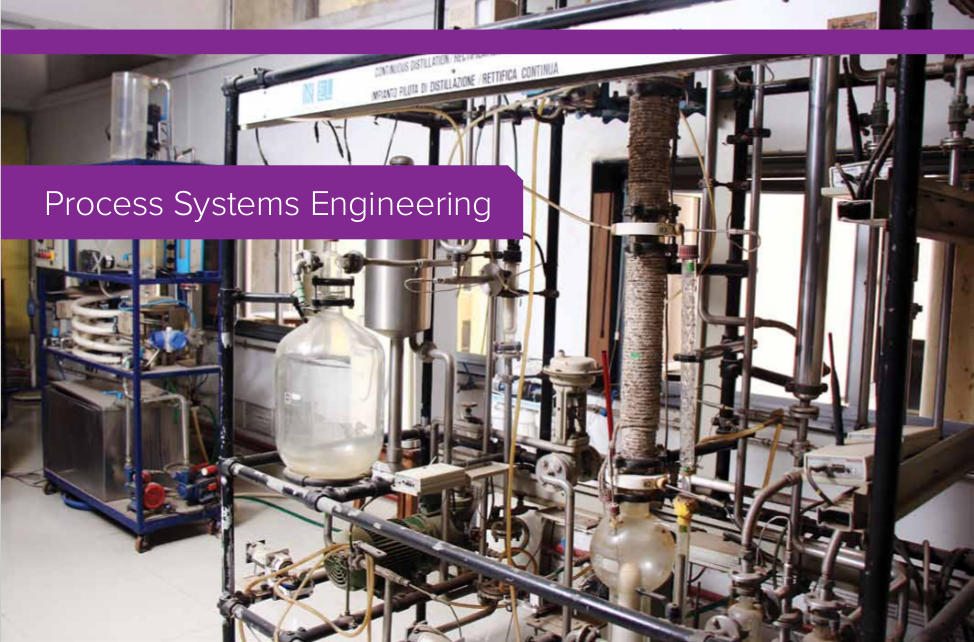Mani Bhushan
-
mbhushan@che.iitb.ac.in

Education
Research
Base case design and audit of sensor networks
With thousands of variables in a typical chemical process, choosing the appropriate set of variables to measure is a non-trivial task. We have been working on developing graph based and constrained optimization approaches that can enable design of a sensor network, i.e. decide what variables to measure in a process, to ensure efficient fault detection and isolation. Apart from base case design methodologies, we have also developed approaches that can audit an existing sensor network. Non-informative sensors can also be identified whose removal does not affect the performance of the sensor network for a specified task. Such information can help in designing appropriate operator interfaces for different scenarios. Our work is based on signed digraph models that can be easily generated, even at the design stage, without requiring detailed process information. Currently, we are investigating design of sensor networks that can isolate various faults along with simultaneously identifying changes in the underlying digraph representation.

Deterministic sampling based nonlinear, constrained state estimation
To ensure efficient process operations, we are working on development of computationally efficient but accurate state estimation techniques for nonlinear systems. In particular, we have developed efficient, optimization based deterministic sampling based approaches that lead to estimates of states that satisfy the known constraints on the states. Initially focussed on variations of unscented Kalman filter that intrinsically assumes Gaussianity assumption, of late, we have been extending these ideas to a Gaussian sum unscented Kalman filter, that does not invoke Gaussianity assumption.

Data driven approaches for real time monitoring of self powered neutron detectors (SPNDs)
A typical nuclear power reactor can have hundreds of SPNDs spread throughout the reactor core, measuring the neutron flux distribution in the reactor. These detectors fail over a period of time but cannot be easily replaced as that entails reactor shutdown. In collaboration with BARC and NPCIL, we have developed data driven approaches that can (a) detect if a detector is faulty, and (b) provide an estimate of the true flux value corresponding to the faulty detector. In particular, we have used clustering and principal component analysis (PCA) based approaches to develop multiple linear models that enable fault detection, isolation and reconstruction. Currently, implementation in a real-time environment is being pursued to further test the applicability and performance of the proposed approach.

Research Areas
Sub Areas
- Identification
- Optimisation
- Process Control
- Process Safety Analysis




